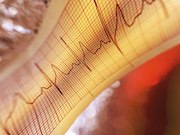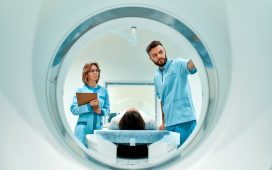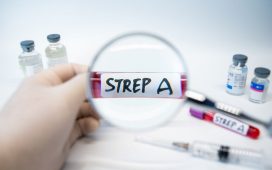CES-D ≥16, antidepressant use each associated with higher incidence of atrial fibrillation
THURSDAY, March 22, 2018 (HealthDay News) — Depression and antidepressant use are associated with atrial fibrillation (AF), according to a study presented at the American Heart Association’s Epidemiology and Prevention/Lifestyle and Cardiometabolic Health 2018 Scientific Sessions, held from March 20 to 23 in New Orleans.
Parveen K. Garg, M.D., M.P.H., from the Keck School of Medicine at the University of Southern California in Los Angeles, and colleagues examined the correlation of depressive symptoms and antidepressant use with incident AF in the Multi-Ethnic Study of Atherosclerosis. The 20-item Center for Epidemiologic Studies Depression Scale (CES-D) was used to assess depressive symptoms at baseline and use of antidepressants. Five CES-D groups were created based on the distribution of score in approximate quartiles; the top quartile was split in two such that the top group represented those with a score of ≥16. A total of 6,644 participants were followed for a median of 13 years.
The researchers found that a CES-D ≥16 and antidepressant use each correlated with higher incidence of AF (hazard ratios, 1.34 and 1.32, respectively). These correlations did not differ by race or gender.
“If our findings are affirmed in future studies, especially those that formally assess for clinical depression, then we will need to see if treating depression may, in fact, lower the risk for atrial fibrillation,” Garg said in a statement.
Copyright © 2018 HealthDay. All rights reserved.








